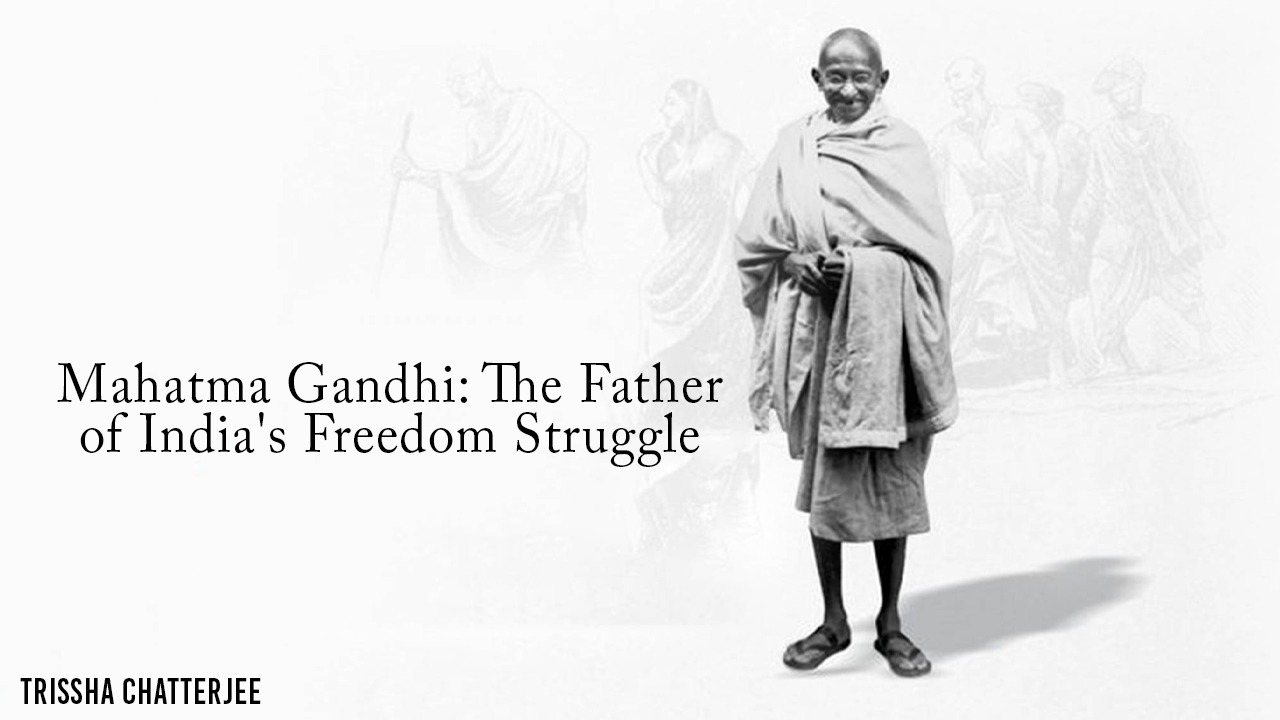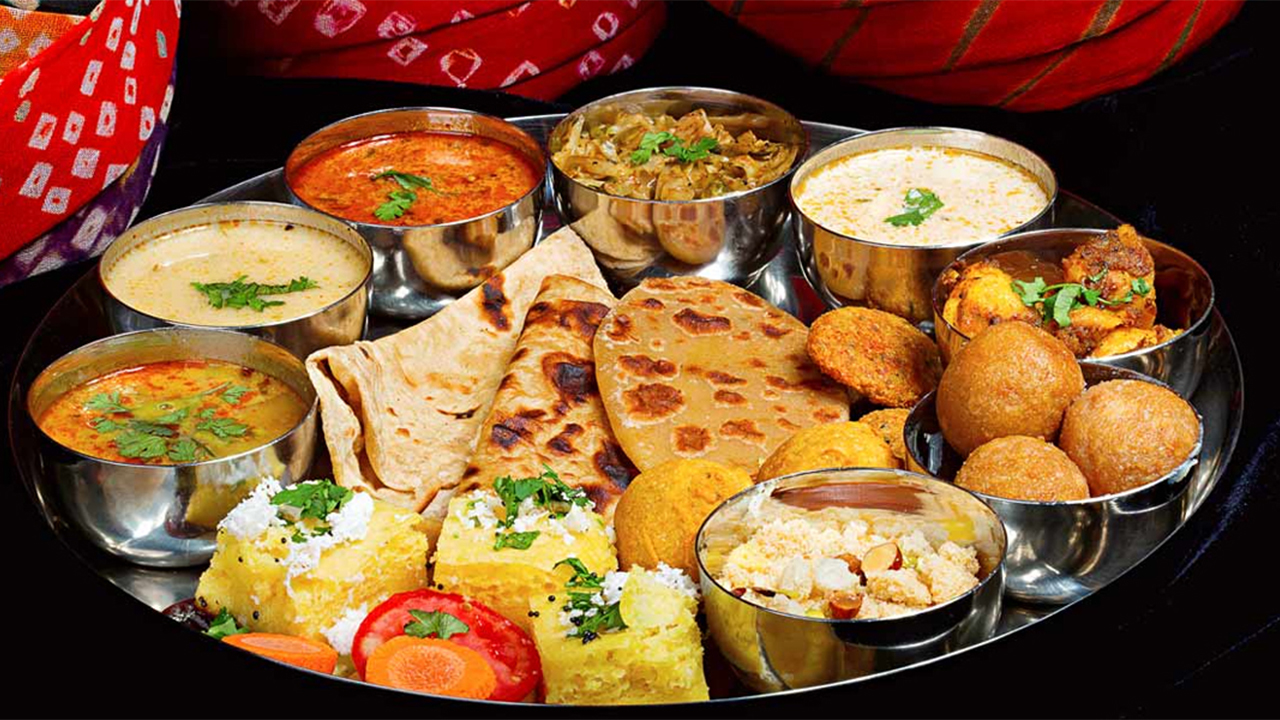Mahatma Gandhi: The Father of India’s Freedom Struggle
Mahatma Gandhi, often referred to as the “Father of the Nation” in India, was a visionary leader whose impact extended far beyond the borders of his homeland. Born on October 2, 1869, in Porbandar, India, Gandhi would go on to become one of the most influential figures in the history of the world, shaping the course of India’s fight for independence and inspiring countless movements for civil rights and freedom across the globe.
Gandhi’s journey towards becoming a symbol of nonviolent resistance and civil disobedience began during his early years in South Africa. He arrived in Natal in 1893 to work as a lawyer and was soon confronted with racial discrimination and injustice. It was in this crucible of adversity that he developed his philosophy of Satyagraha, which means “truth force” or “soul force.” Satyagraha became the cornerstone of his struggle against oppression.
Upon returning to India in 1915, Gandhi immersed himself in the Indian freedom movement. He advocated for nonviolent resistance as a means to challenge British colonial rule, urging his fellow countrymen to resist oppression without resorting to violence. His principles of Ahimsa (nonviolence) and civil disobedience became the driving force behind the struggle for India’s independence.
One of Gandhi’s most remarkable achievements was the Salt March of 1930. In protest of the British monopoly on salt production and sales, he led a 240-mile journey to the Arabian Sea, where he famously picked up a handful of salt, defying the unjust laws. This act of civil disobedience ignited the imagination of millions and amplified the call for independence.
Gandhi’s leadership was marked by simplicity and humility. He dressed in a loincloth, lived in ashrams, and promoted self-sufficiency and communal living. His personal example of leading a minimalist life resonated with the masses and furthered his influence as a leader.
Throughout his life, Gandhi was no stranger to imprisonment and persecution, but he never wavered in his commitment to nonviolence. His unwavering resolve earned him the moniker “Mahatma,” which means “Great Soul.”
In 1947, India finally achieved independence from British rule, largely thanks to Gandhi’s relentless efforts and the power of nonviolent resistance. Tragically, just a few months after independence, on January 30, 1948, Gandhi was assassinated by a Hindu nationalist who disagreed with his views on religious tolerance.
Gandhi’s legacy endures to this day. His philosophy of nonviolence and his advocacy for civil rights have left an indelible mark on the world. Figures like Martin Luther King Jr., Nelson Mandela, and Cesar Chavez drew inspiration from Gandhi’s methods and adapted them to their own struggles for justice.
In conclusion, Mahatma Gandhi was not just a political leader; he was a moral beacon whose ideas and actions continue to inspire generations to strive for justice, equality, and freedom. His life and teachings remind us of the enduring power of nonviolence and the capacity for individuals to bring about profound change through peaceful means. Gandhi’s impact on India and the world is immeasurable, making him a true giant of history.







There are no comments